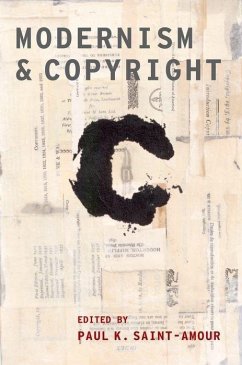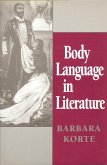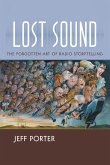Copyright looms large in the digital world. As users and creators of expressive works, we all know more about copyright than we did a decade ago. But scholars of modernism have felt a special urgency in grappling with this branch of law, whose rapid expansion in recent years has prolonged or revived the rights in many modernist works. Indeed, thanks to public clashes between estates and users, 'modernism' has lately begun to seem like a byword for contested intellectual property. At the same time, today's volatile legal climate has prompted us to ask how modernism was, from its beginning, shaped by intellectual property law-and how modernists sought variously to exploit, reform, anoint, and evade copyright. We are beginning to discover, too, how copyright's transatlantic and imperial asymmetries during the modernist decades helped set the stage for its geopolitical role in the new millennium. Modernism and Copyright is the first book to take up these questions and discoveries in all their urgency. A truly multi-disciplinary study, it brings together essays by well-known scholars of literature, theater, cinema, music, and law as well as by practicing lawyers and caretakers of modernist literary estates. Its contributors' methods are as diverse as the works they discuss: Ezra Pound's copyright statute and Charlie Parker's bebop compositions feature here, as do early Chaplin, EverQuest, and the Madison Avenue memo. As our portrait of modernism expands and fragments, Modernism and Copyright locates works like these on one of the few landscapes they all clearly share: the uneven terrain of intellectual property law.








